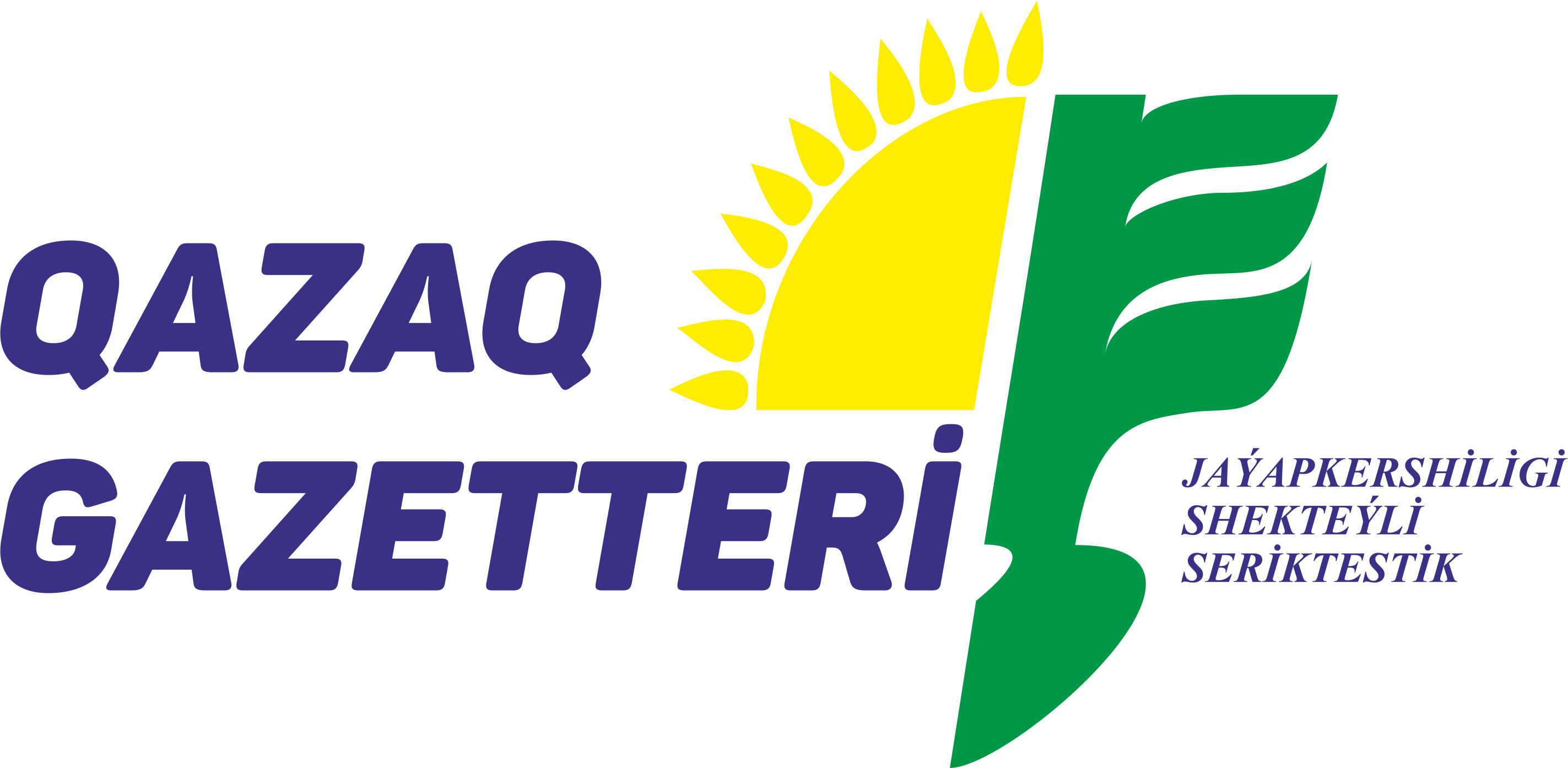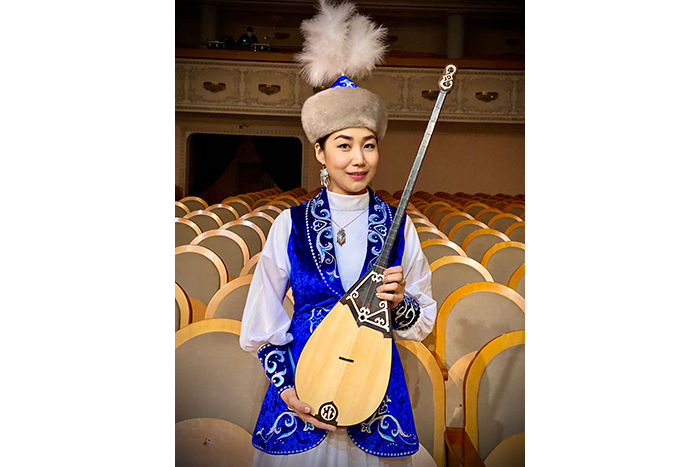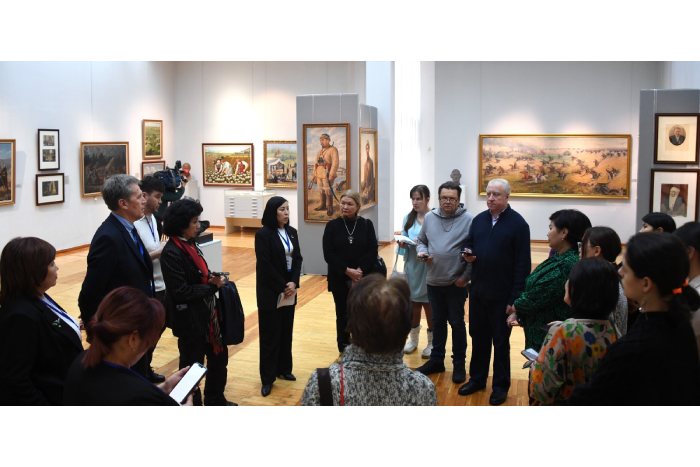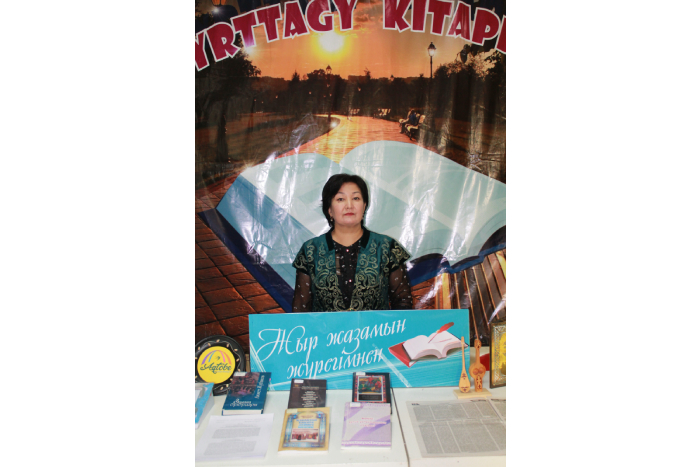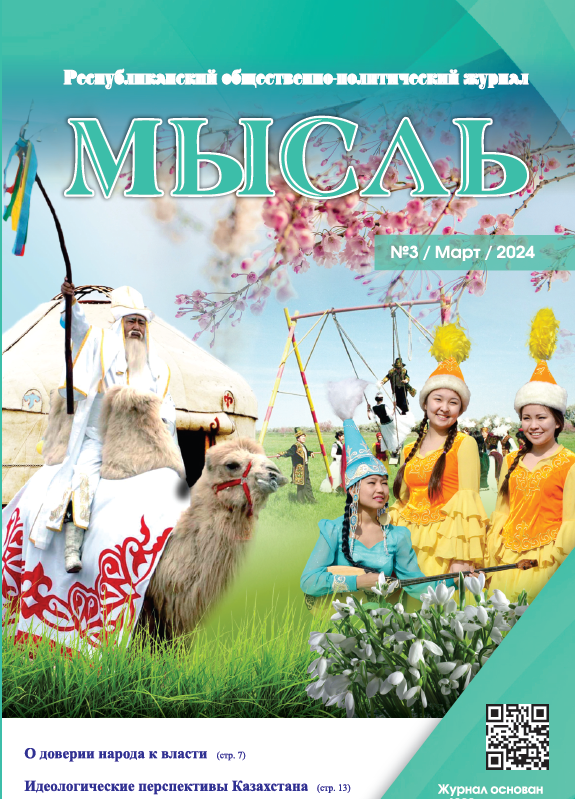- Культура
- 13 Декабря, 2019
The Western approach in the process of investigation Russian literature of the XXth century from the view of the Western Slavic Studies

Candidate of Philology, Associate Professor, Lomova E.A.,
Candidate of Philology, Associate Professor, Uyukbayeva M.I.
Kazakhstan, Kazakh National Pedagogical
Abstract. The theme of this article pays to attention the impact of the Russian Symbolism and the place of the Russian Symbolists in the local and international literary process, analysis of their mythology and their specific study of the poetic creativity as a subject for investigation in the researching works of the Western scientists.
Russian Symbolism became attractive and valuable for Western criticism, which made acquaintance with specific shades of national Russian mentality. According these studies, Western scholars shared so called “charming methodology” and believed that the artistic creativity should be fit psycho-analytic matrix.
Anglo-American scientists revealed the genesis of theoretical basic construction of Russian Symbolism and its important place in the developing and exploring literary theory and practice of the XXth century.
The study of the perception of creativity on Anna Akhmatova in Western Slavic Studies was based on the inevitable edification of correlation and literary tics between Russian and American cultures.
Key words: national mentality, value of human being civilization, artist aesthetics, charming methodology, philosophical ideas, literary criticism, symbolism, theoretical basic, poetic manifestation, mythology, poetic creativity, biographical direction, psycho-analytic aspect, demand of intelligence, poetic overtone, metaphor, artistic personification, distortion of meaning, lyrics, implication of content ,accurate translation, author theme, shift of emphasis ,literary heritage.
Western scholars discovered in the Russian poetry of the XXth century the profitable opportunities for understanding the Russian mentality and Russian culture in general significance.
Russian Symbolism became attractive and valuable for Anglo-American literary science from the time it took place in the poetic heritage of Vladimir Soloviev, Dmitry Merezhkovsky, Z.Gippius, V. Soloviev, K.Balmont, J.Annosov, A.Blos, V.Ivanov, A. Belyi and other writers.
As the same time the foreign Russian studies made acquaintance with specific shades of national mentality and has gone through the stages of ideological division burdened by the idea " European way of developing ", " value of human being civilization", "messiah", "Slavic people and its unique definition to a specific parity of exchange with the Russian nationality”.
Above said subjective approach included, in particular, the solid attempts of the Western Slavic Studies to consider the creativity of Russian writers in common, confusing perspective, “covered the national and other important shades of original artist aesthetic and accepted the theoretical models, which degraded its uniqueness”. [1,43].
Such kind of phenomenon was called "charming methodology" and provided evidence for existence of the period general, going in for the philosophical ideas of Freud and Jung.
According mentioned approach, the artistic creativity should be fit psychoanalytic matrix, searching for reasons to support and provide specifically belief accepted in advance.
In this regard, for example, the poetry of V.Ivanov and A.Belyi “was considered by the Anglo-American literary criticism in the field of the religious spirit of Russian symbolism as a whole, according its original system structure of word form creation” [2,15].
In subsequent the Western linguistic researching works scientists represented obvious desire to link the comprehension between the religious foundation and beliefs of Russian symbolism as a whole and its projection for all levels of creative ability Russian investigated writers and the features of their individual stylistic manners.
Anglo-American scientists revealed the genesis of theoretical basic construction of Russian symbolisms and its important place in the developing and exploring of literary theory and practice of the twentieth century. The impact of the Russian Symbolism of the post symbolic and other aesthetic and “poetic creativity took also place as a subject for investigation in the researching works of the Western scientists” [3,21]
The study of the perception of creativity of Anna Akhmatova in Western Slavic Studies was based on the inevitable identification of correlation and literary ties between Russian and American-English cultures.
The most productive stage of investigation of Anna Akhmatova heritage was represented in the middle of the XXth century.
The most developed area of the Western scholars associated with the name of Anna Akhmatova “was observed as a biographical approach, which was formed in the period of the early stages of the study of Akhmatova is poetry” [4,23]. The biographical direction of Anna Akhmatova creativity gradually transformed into a psychological and psycho-analytic aspect of the study Anna Akhmatova's works.
From point of view of the Western criticism, the literary creativity of Anna Akhmatova should be analyzed in the multi-valued and multi-structure level. In the general context of the literary critics defined the significance of the creative heritage of Akhmatova, according the close linking of the lost tradition of Russian and European culture.
In particular, the "Requiem" by Anna Akhmatova was analyzed by the Western scholars “as the anthem of the image of the Soviet women and as the anthem of national Russian patriotism included ethic, culture, political and historical aspects” [5,27].
The work of Anna Akhmatova "Poem without a Hero" was considered by Anglo-American literary critics as a unique article piece sensitively and deeply reflected the dramatic events and experience of the Russian history, and therefore may be defined as a cultural and historical essay from the side of the realistic search in the artistic culture of the XXth century.
Among the outstanding scientists investigated of Anna Akhmatova literary heritage should be called S.Verhepa, S.Drive, R.Reeder, G.Klein and other researchers.
The range of scientific trends of foreign scholars was included by the religious, the urban and love motives Anna Akhmatova's lyrics.
The investigation of diversity of the heroine of Akhmatova's poetry and the content of her biographical lyrics represented different interesting details of her private life.
The Western scientists paid accurate attention to the individual Akhmatova's style which characterized by the presence of ethnic Russian psychological nature, “the high demand of intelligence, and the trend to the poetry cyclization in the structure of her literary creativity” [6,12].
The separate important field of investigation and introduction the creativity of Anna Akhmatova to the Western readers was represented by a significant problem regard to translation of her poem, in particular the English theme author "St. Petersburg - Petrograd- Leningrad" in her lyrics.
Such kind aspect of Anna Akhmatova poetry and efforts to translate her works into English should be defined as an indisputable fact of interaction of Russian and English literature, as well “as the great opportunity for the Western readers to make more close acquaintance with the lyrics of the outstanding Russian poetess” [7,24] The general problem of the correct and accurate translation of Anna Akhmatova poetic theme " St. Petersburg - Petrograd - Leningrad" in her lyrics occupied the field of transmission the originality of its general meaning and implication of content. In this case the Western scholars tried to translate the place names, the terms of life and circumstance of heroes and heroines of Anna Akhmatova lyrics using the additional comments and special explanation accepted to the Western readers. But in this case the content of Anna Akhmatova works, the poetic overtones of the lyrics was virtually disappeared. The attempts of the Western interpreters to translate Anna Akhmatova poetic metaphors and author artistic personification in a direct way was linked with the distortion of significant meaning of her works.
The “Petersburg theme” took place in English translation with solid difficulties, and, as result, the Akhmatova artistic “image structure was underwent through some serious shifts of the original intent and the text became very vaguely reminiscent of the original poetic version” [8,27].
A separate significant problem was connected with translation the titles of the Anna Akhmatova’s poems into English.
In this case the translators had not confine the search for adequate expression but they were forced to resort to linguistic substitutions translation.
On the other hand the attempts of Anna Akhmetova’s poetry was represented by deli rate distortion of the titles of her works accompanied by inserted additional words and subjective expression.
Such kind of approach “was lighted by the appearance of inconsistency between the title and the content of Anna Akhmetova‘s poetry and elimination of metaphoric overtone of her lyrics” [9,17].
The efforts of some interpreters were characterized by loss of original meaning and overtones of Akhmatova’s poetry in English version.
The English translators often inserted into the original text of Akhmatova missing words and phrases to make the image St. Petersburg-Petrograd-Leningrad quite different from point of Anna Akhmatova.
The context of Anna Akhmatova poetry was also completely destroyed by snapping poetic lines or inserting new lines in the original text, which “lead to destruction of the original meaning of the author artistic version” [10,31].
The main violation of the accuracy of the translation of Anna Akhmatova’s poetry took place in the efforts of foreign translators to replace the keywords of her poetic works.
Such kind of replacement or elimination the most important author concept and phrases was lead to shift of emphasis in the whole poetic work, changing in beyond recognition.
But at the same time, to say the truth, it is not acceptable to minimize the “importance the efforts of English scholars and researchers to transmit to the Western readers the significance creativity literary heritage of the great Russian poet Anna Akhmatova” [11,53].
References:
1. St.Petersburg- Petrograd-Leningrad lyrics A.A.Akhmatova and translations of her poems into English. - Diss.cand., Samara, 2009. – 153p.
2. Burdin S. Poems of Anna Akhmatova: the role of "eternal images" culture in the formation of the genre. - Diss.cand., M., 2003. – 151 p.
3. Verblovskaya I. Bitter love favorite Petersburg Anna Akhmatova St.Petersburg. – M., 2002. – 127 p.
4. Volkov S.Cultural History of St.Petersburg from the foundation to the present day. - M., 2003. – 103 p.
5. Garshin V. Petersburg of Anna Akhmatova. - St.Petersburg, 2002. – 203 p.
6. Demidova A. I need to know everything about Akhmatova//Culture, 2004. №7.-p .73-77.
7.Yesin V. Principles and methods of analysis of literary works. - M., 2005. – 129 p.
8. Western Literature of the twentieth century. - M., 2004. – 223 p. 9. Kataeva G. Anti - Akhmatova. - Moscow, 2007. – 97 p.
10. Krainev N. By the creative history of "Poem Without a Hero". - Diss.cand., Veliky Novgorod, 2003. – 153 p.
11.Savalyev E. A.A.Akhmatova in art reception domestic and Anglo-American literature. - Diss.cand., Rostov-on-Don, 2008. – 153 p.

860 раз
показано87
комментарий